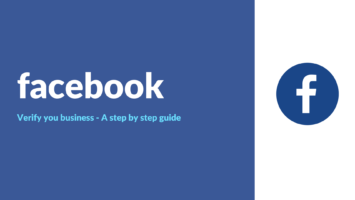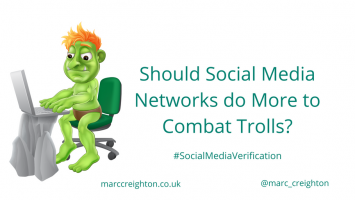Teens Rebel Against Social Media
The reach of social media is growing exponentially. As of December 2016, Facebook has a whopping 1.15 billion daily mobile active users. In terms of population, Facebook, if it were a country, would be the third largest in the world. Facebook’s user count has seen a 23% increase over the year, and other social media platforms like WhatsApp, Instagram and Twitter are also growing. That said, the result of a survey conducted among 5000 teenage students at England’s schools was conflicting. Almost 60% of them had negative feelings about social media. You will see the detailed survey results and analysis in the post ‘Teens Rebel Against Social Media’.
Would children be happier without social media?
The survey was conducted by Digital Awareness UK on behalf of the Headmasters’ and Headmistresses’ Conference (HMC). More than 65% of the teenagers surveyed thought that children would be happier without social media. 57% of them admitted to having faced abuse over social media, while 52% of teenagers felt that social media reduces their level of confidence. This backlash against social media is much attributed to online abuse and fake news that spreads across them.
Children were also concerned about the genuineness of digital identities in social media. 65% of them believed that their friends showed some amount of fake information. Many admitted being on the brink of addiction. About 71% of the children said that they had taken temporary digital detoxes to escape the grip of social media, while some complained that social media is harming their emotional well-being.
Why are teens rebelling against social media?
Just as adults are, children are attracted by celebrities. Instagram users will most likely be following many stars. Some famous faces like Ed Sheeran and the Kardashians have denounced social media, and their actions may have encouraged teenagers to stay away. If you are an Ed Sheeran fan, there is a chance that you may have also quit Twitter after the singer was viciously “trolled” for his cameo appearance in Game of Thrones.
The primary reason for negativity around social media is the online abuse it enables. Many people indulge in vulgar conversations with Facebook friends. Even celebrities are not spared when they make statements that are seen as controversial. For example, when Maria Sharapova said that she did not know Sachin Tendulkar, her Indian fans were enraged and took to abusing her on social media.
The abundance of fake profiles is another reason. Although Facebook is working on taking down fake profiles, there are still a large number of them online. There is a provision of reporting fake profiles, but some go to the extent of creating more and faker profiles for stalking, abuse, or merely creating unwanted spam posts and comments. There seems to be an unwillingness on the part of social media platforms to combat trolling.
Some of your friends may be frequent travellers. So, when they post pictures of places they have visited, you may get jealous or feel down. This can be another reason to resist social media. Some people put anything and everything about their life on their social media, even down to what they had for breakfast. Having such friends may discourage you from spending time in the social media bubble. Of course, there is always the option of unfriending or unfollowing them.
How can social media improve to stop the rebellion?
Facebook, Twitter et al. must make sure that fake profiles are quickly and efficiently taken down. More than 60% of abusive comments come from fake accounts. Rigorous measures must be taken to ensure that a social media account is genuine.
Social media is open season. Anybody can post anything they wish, but if content violating a platform’s terms and conditions is posted, it will be removed. The time taken to remove offensive material should be improved. When fake news is published, it should be taken down quickly before it can spread further. Social media platforms must ensure that the story being consumed through them is real, especially when concerning major world events.
Security is another big concern. You may have read instances of celebrity profiles getting hacked. Social media platforms should ensure that accounts can be quickly secured and recovered when hacking is suspected. Many users create weak passwords for their accounts. Social media platforms should urge their users to use strong passwords and to change them frequently.
The positive side of social media
On a different note, many of the teenagers that took part in the survey also commented about the positive aspects of social media. They enjoy memes, for instance. Many features like Snapchat stories attract them. Facebook and WhatsApp groups help them to keep in touch and exchange information with friends.
Technology should be embraced for the good it can do. Consider the times when a leader has to inform people about a change to a schedule. In the days before social media, we had to convey such messages through separate calls, texts or even letters. With the advent of Facebook and WhatsApp groups, things have become much more accessible. Social media groups allow individuals to communicate relevant information quickly and easily.
Children should never be so addicted to social media that they avoid outdoor activities. After all, you can ultimately live without social media. However, on the same token, you should feel free to utilise the good in everything available to us in the modern world. Make good use of the positive effects of social media, while trying to avoid the negatives.
Being a parent of three pre-teens, this survey struck a chord with me. Let me know your thoughts on this either via the comments or on Twitter.




Leave a Reply